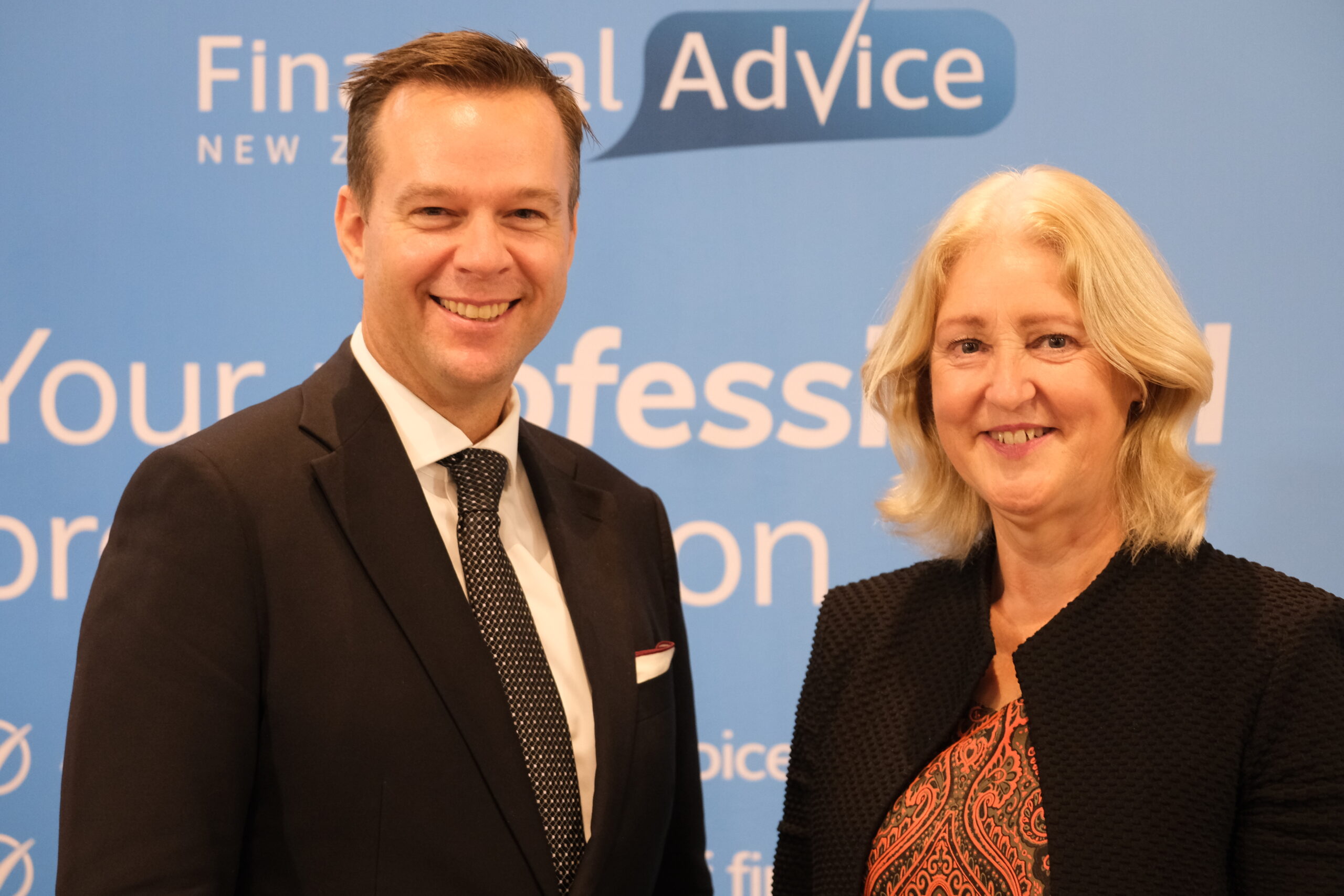The number one reason we make a will or ‘estate plan’ is to minimise emotional and financial hardship for the people we care about most. It’s imperative that you decide what happens to your children and/or assets now, rather than leave these decisions up to the courts after you’re gone.
David & Aroha
David and Aroha are both in their mid 30’s living in Wellington with their 2 young children. David is an employed IT Consult-ant while Aroha works part time teaching. They have a $380,000 home loan with no established savings or retirement funds.
David and Aroha both have wills but haven’t taken the time to review them since having children. And unbeknownst to David and Aroha, because their wills were made before they were married, they are now in fact invalid. They’re wrongly assuming their assets will go to their children. In fact, if one of them should die without a will, the surviving partner would be entitled to the first $155,000 of an estate and one-third of the balance. The other two-thirds share of the estate would be held in trust for the children until they turn 20.
In terms of guardianship for their children, David and Aroha have been unable to agree on a suitable candidate. So they’ve put their heads in the sand and done nothing. David and Aroha need to start making a list of people they would trust to take care of their children forever. They should consider not only the person’s attributes but also their values and whether they will make a good role model. While their parents may seem like an obvious choice, they could also consider siblings and close friends. A 75-year-old parent may struggle with teenager tantrums and also may not be around for as long as their children need.
TOP TIP— Inaction is not an option. If your will is not kept up to date, it may no longer be valid.
Martin & Stacey
Martin and Stacey are in their early 50’s living in Napier. They’ve owned a successful retail business for the last 12 years. They have a $75,000 home loan plus a freehold rental property in Taupo and have started to save into shares. Their 2 adult children both live and work in Christchurch.
Martin and Stacey decided to set up a family trust in the late nineties. This was very fashionable at the time, in fact it felt like everyone had one. They originally set up a trust for two reasons: to protect their personal assets should their business ever fail, and to give them some control over their children’s inheritance from beyond the grave. Back in the nineties, there used to be numerous tax benefits, and although these are now long gone, Martin and Stacey have carried on with the trust to protect their assets.
Fortunately, this trust was set up correctly and has been managed legally, and Martin and Stacey understand that the assets are essen-tially no longer theirs to control. This is not always the case, as some of their friends pay compliance costs to lawyers and accountants each year where a trust is not actually required. Many lawyers will now tell you that it is no longer necessary to have an independent trustee when managing a trust, as long as the trustees are running it in the right manner. The most prudent way of doing this is by having an annual meeting, documenting changes through resolutions, and running the trust financial activity through a bank account.
TOP TIP —The key to sound trust management is to review trusts periodically and document any trust decisions.
Robert & Marilyn
Robert and Marilyn are mid 60’s and have recently retired. Robert was a lawyer in Auckland while Marilyn raised their family. They have 3 children and 7 grandchildren. They are debt free, own 2 rental properties and have substantial funds on deposit for retirement.
Robert and Marilyn have been prompted to review their estate plan after Marilyn had a health scare which resulted in a lengthy hospital stay. While she is now recovering at home, they have decided to make some changes to their enduring power of attorney.
Until now, they were unaware that there are two types of enduring powers of attorney. One is for money and property, the other for personal care, health and welfare. Robert and Marilyn held a family meeting where they openly discussed their estate plans with their families so everyone knew what they both wanted, and needed.
Although their eldest son is an accountant and arguably an obvious choice to act on their behalf financially, he wasn’t as keen to make decisions about their personal care because he lives in Lower Hutt. It was therefore decided that their daughter, who has medical experi-ence and lives near them in Auckland, would make the health and welfare decisions.
Communication is vital in this case to ensure that everyone is aware of what Robert and Marilyn want to happen, if and when they are no longer able to decide for themselves. To ensure decisions are made in their best interests, Robert and Marilyn need to have their wishes clearly documented.
TOP TIP— It’s essential to appoint the most suitable person or persons to take care of your two types of enduring power of attorney.
Thank you to Tim Fairbrother from RIVAL Wealth for providing this article.
This information is of a general nature and is not intended to be personalised financial advice.








